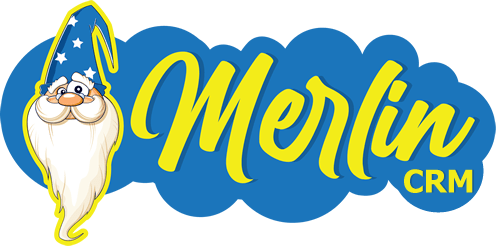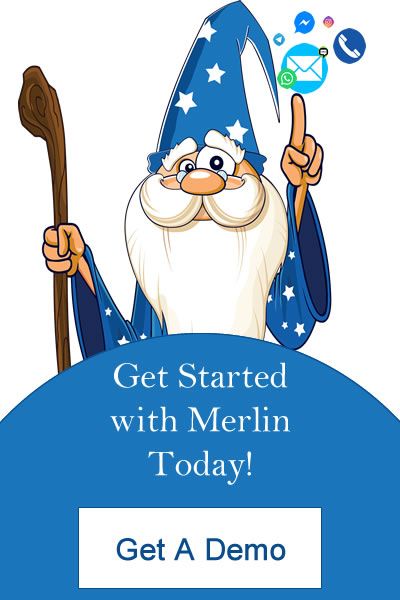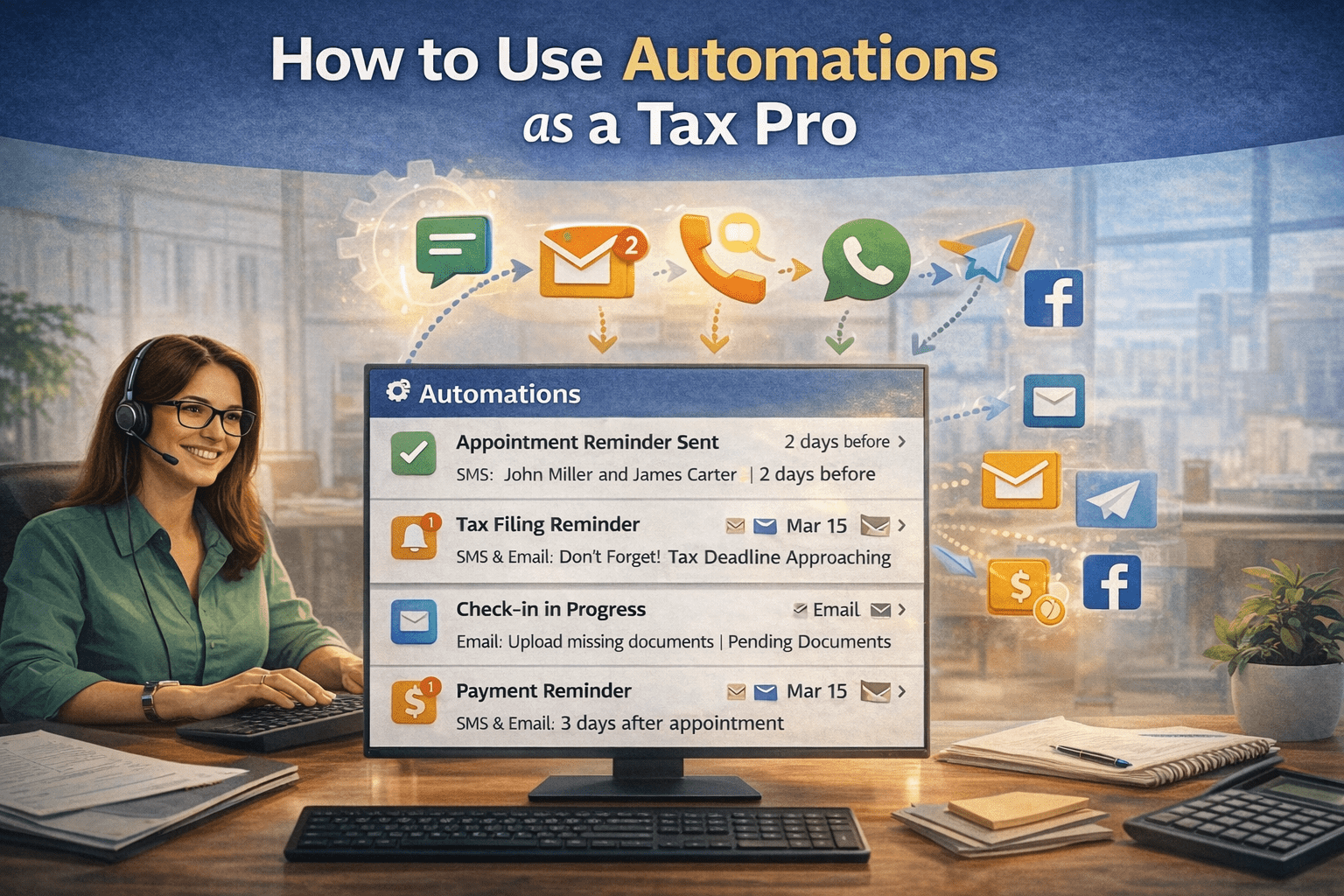In today’s rapidly evolving business landscape, customer relationship management (CRM) systems play a pivotal role in how companies engage with and manage their customer base. However, with advancements in artificial intelligence, the CRM world is witnessing a transformation—from traditional systems to AI-powered solutions. Understanding the key differences between Traditional CRM vs. AI-Powered CRM can help businesses make informed decisions that align with their growth strategies. In this article, we’ll compare these two approaches and highlight their unique strengths.
1. Data Management and Analysis
Traditional CRM: Traditional CRMs are primarily focused on collecting and storing customer data. They serve as a centralized hub where businesses can log interactions, store contact details, and keep a record of customer history. However, the burden of analyzing this data falls on the sales and marketing teams. Generating insights often requires manual effort or third-party analytics tools.
AI-Powered CRM: An AI-based CRM goes a step further by leveraging artificial intelligence to analyze the vast amounts of data it collects. AI algorithms can identify patterns, trends, and relationships within the data to provide actionable insights without the need for manual analysis. This enables businesses to make faster, data-driven decisions and offers a deeper understanding of customer behaviors and preferences.
2. Personalization and Customer Engagement
Traditional CRM: Personalization in traditional CRMs is generally limited to segmenting customers based on basic demographic or behavioral information. Marketing and sales teams have to manually create personalized campaigns and outreach efforts, which can be time-consuming and less effective in today’s competitive environment.
AI-Powered CRM: AI-powered CRMs excel in personalization by continuously learning from customer interactions and behaviors. They can deliver personalized recommendations, messages, and offers at scale. For instance, an AI CRM can automatically tailor email content or marketing campaigns based on individual customer preferences, purchase history, and engagement, resulting in a highly customized experience that improves customer loyalty and conversion rates.
3. Automation Capabilities
Traditional CRM: Traditional CRMs offer basic automation, such as email templates, reminders, and task management. These features help streamline some processes, but the level of automation is limited and often requires manual input from sales and customer service teams. The scope is mainly administrative, focused on organizing information and setting up alerts.
AI-Powered CRM: AI-based CRMs significantly elevate automation capabilities by introducing intelligent workflow automation. AI can automate a wide range of tasks, from lead scoring and customer segmentation to scheduling follow-ups and generating reports. AI algorithms can determine the best time to contact leads, recommend the next best actions, and even trigger campaigns automatically based on customer behavior. This advanced automation saves time, reduces errors, and allows teams to focus on high-value activities.
4. Predictive Insights and Decision-Making
Traditional CRM: Traditional CRMs are generally used for descriptive analytics, which means they can tell you what happened in the past. They rely on historical data to generate reports that show past sales performance, customer activity, and other metrics. Decision-making based on this data requires additional manual analysis and interpretation by the sales and marketing teams.
AI-Powered CRM: AI-powered CRMs, like Merlin CRM, use predictive analytics to anticipate future outcomes. AI can analyze customer data and predict which customers are at risk of churning, which leads are most likely to convert, or which products are about to gain traction. These predictive insights enable businesses to take proactive actions—such as launching targeted retention campaigns or adjusting marketing strategies—to drive better outcomes and maintain a competitive edge.
5. Lead Management and Sales Prioritization
Traditional CRM: With a traditional CRM, sales teams manually score and prioritize leads based on predefined criteria, which can be time-consuming and may lack the precision needed for optimal efficiency. Lead management is typically dependent on manual workflows and individual judgment, which can result in missed opportunities or inconsistent follow-up.
AI-Powered CRM: AI-based CRMs streamline lead management by using machine learning algorithms to score leads based on their likelihood to convert. These systems continuously learn from lead interactions and behaviors, adjusting lead scores in real time to ensure sales teams are always focused on the most promising prospects. The AI provides insights on the next best action to take, whether it’s making a phone call, sending a follow-up email, or offering a special promotion, making the sales process more effective and targeted.
6. Efficiency and Scalability
Traditional CRM: Traditional CRMs require substantial manual input and data management, which limits efficiency. As the volume of data and customer interactions grows, maintaining accuracy and efficiency becomes increasingly difficult. Scaling up often involves hiring more personnel to manage data entry, analysis, and customer outreach.
AI-Powered CRM: AI-powered CRMs handle large volumes of data effortlessly, automating repetitive tasks and optimizing workflows. This scalability allows businesses to grow without the need to proportionately increase manpower. By automating data management, customer communication, and lead nurturing, AI-based CRMs ensure that businesses can handle increased demand without compromising on quality or efficiency.
Conclusion
Both traditional and AI-powered CRMs have their place in managing customer relationships, but the key differences lie in how effectively they help businesses leverage data, engage customers, and streamline processes. A traditional CRM can serve as a powerful database for storing customer information, but it often falls short in delivering actionable insights and advanced automation.
In contrast, an AI-powered CRM like Merlin AI CRM brings customer management to the next level by automating processes, providing predictive insights, and personalizing customer interactions at scale. For businesses that want to stay ahead of the competition, improve operational efficiency, and deliver exceptional customer experiences, investing in an AI-based CRM is the logical step forward in 2024.
By understanding these differences between a traditional CRM vs. AI-Powered CRM, companies can make informed decisions about the type of CRM that best meets their needs—whether they need a robust database or a smart, data-driven system that works for them.





